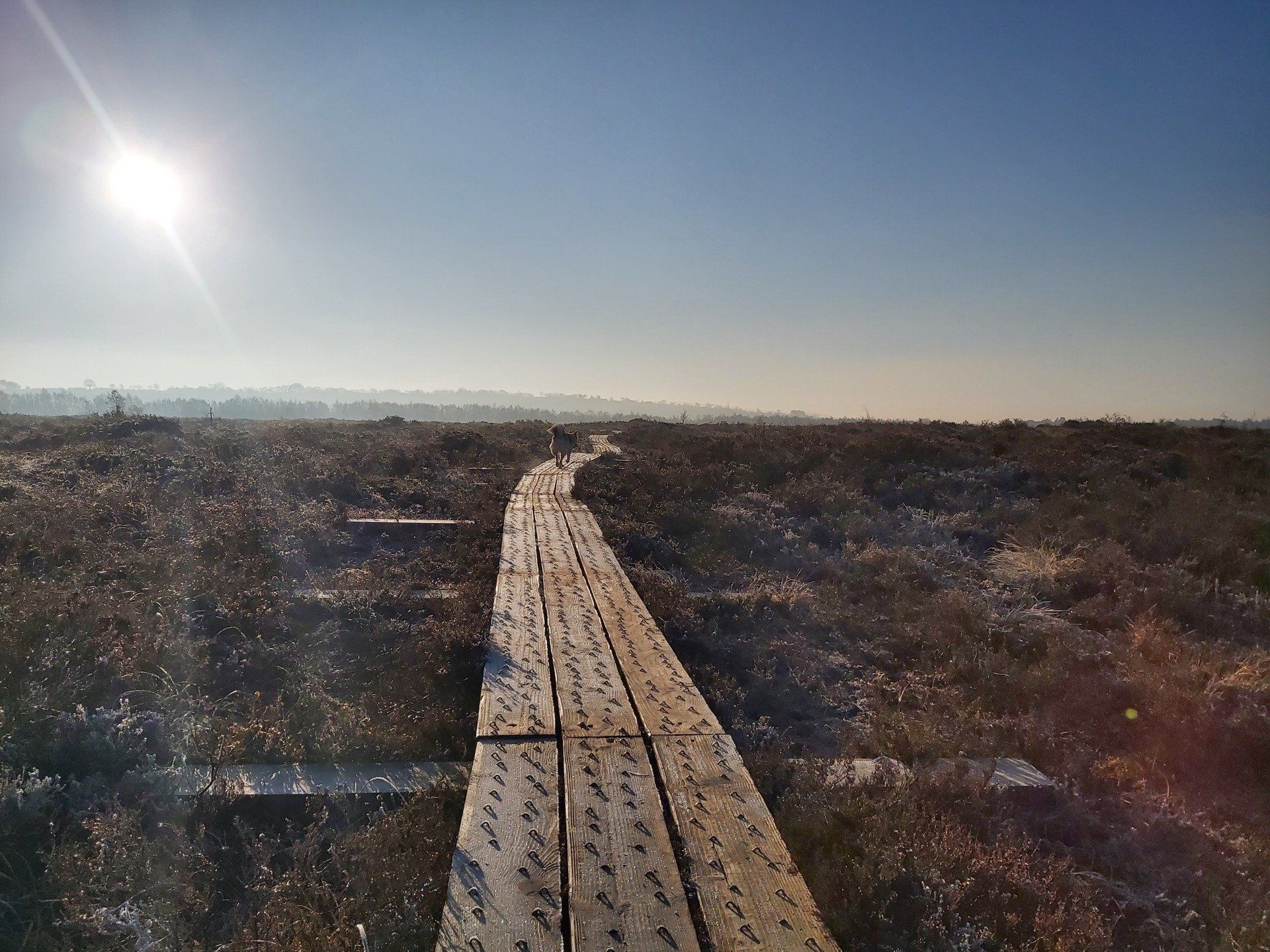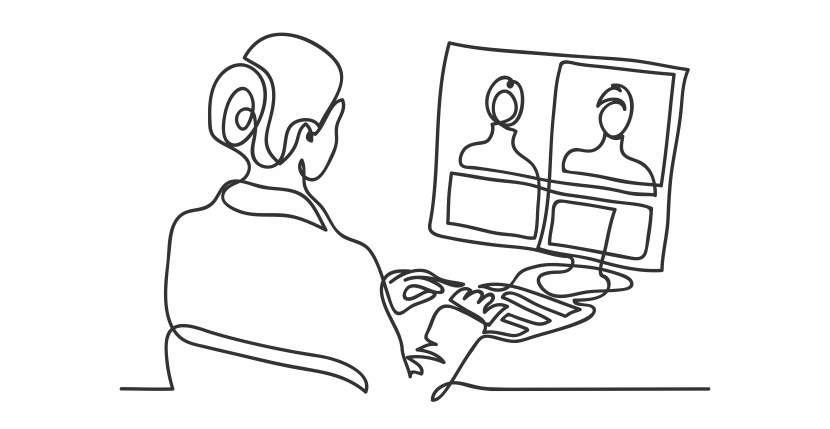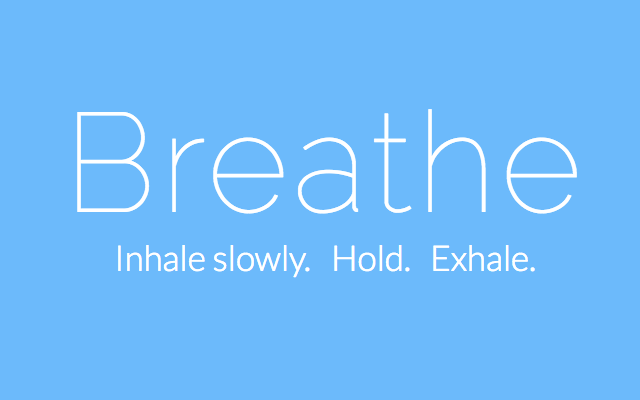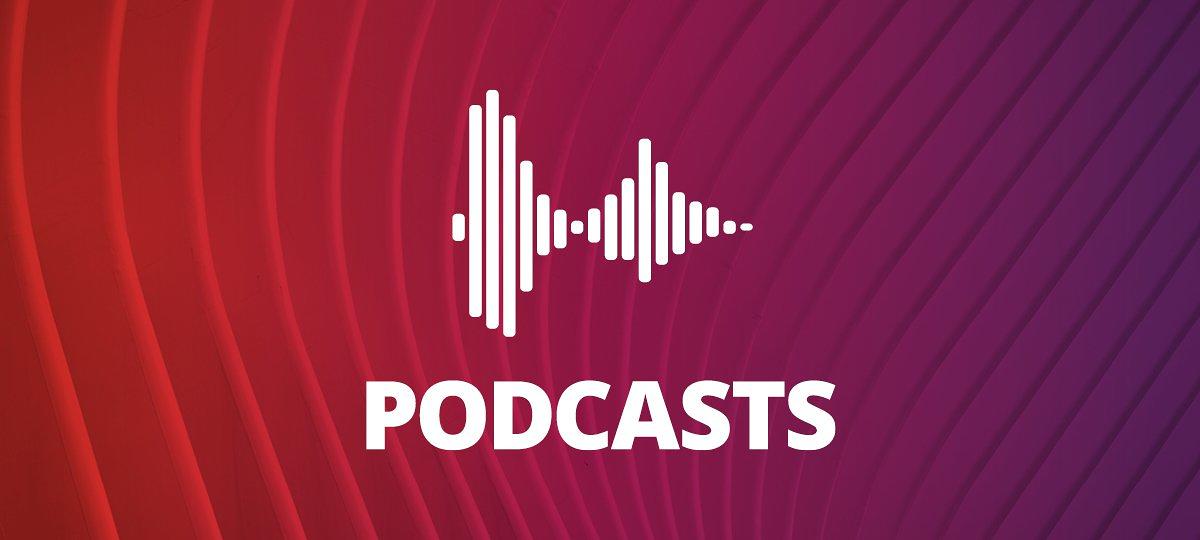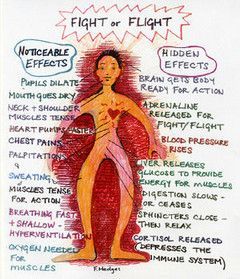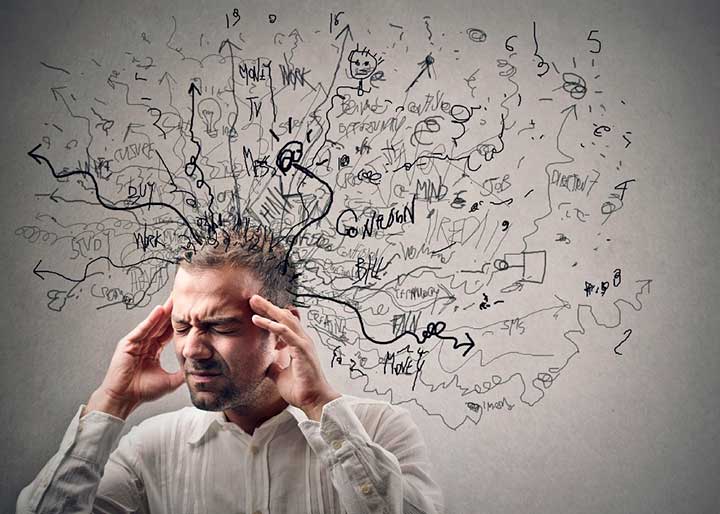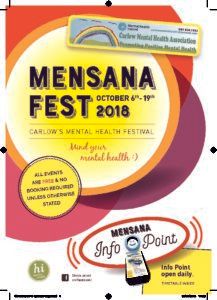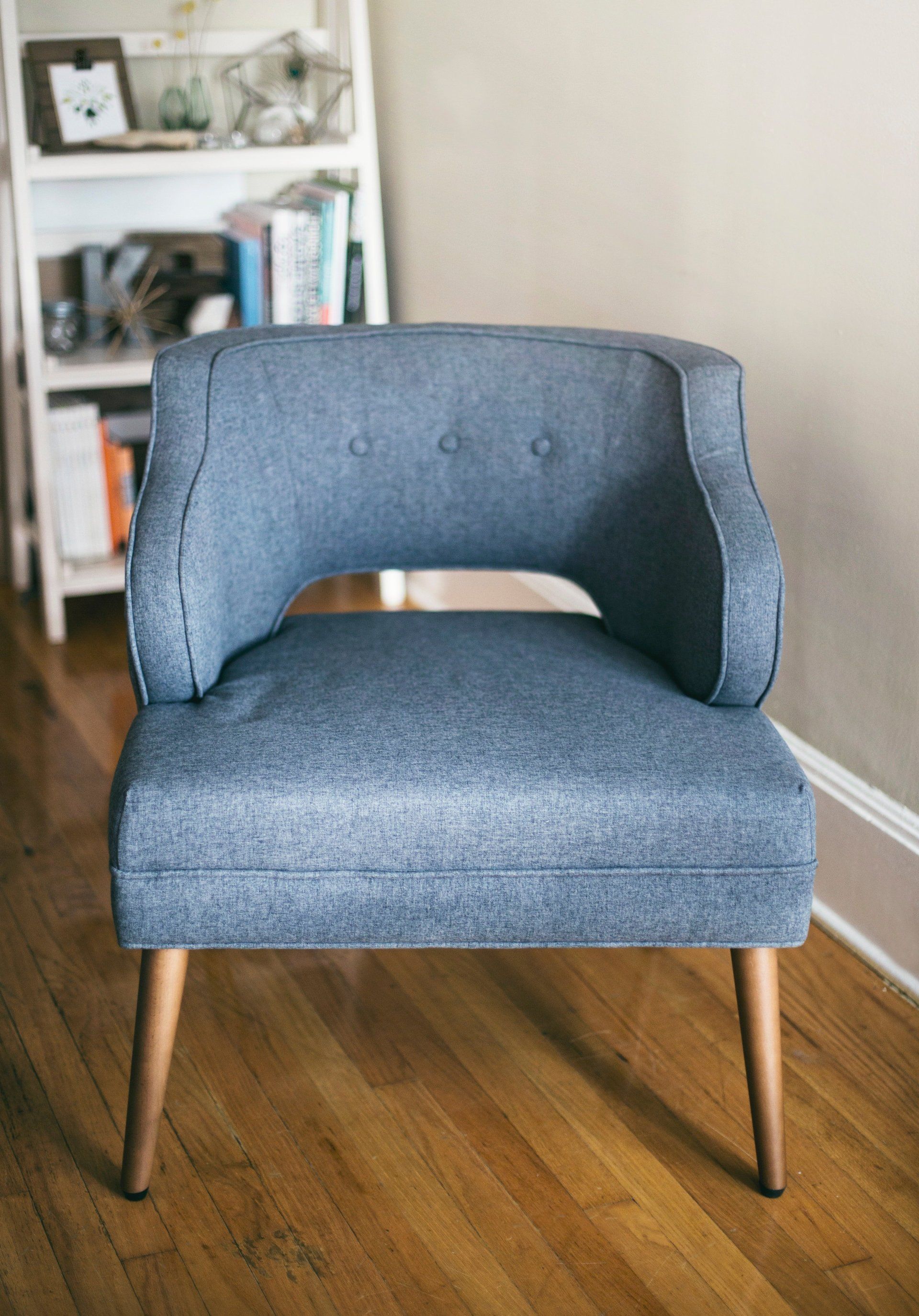Six relaxation techniques to reduce stress
Practicing even a few minutes per day can provide a reserve of inner calm
We all face stressful situations throughout our lives, ranging from minor annoyances like traffic jams to more serious worries, such as a loved one's grave illness. No matter what the cause, stress floods your body with hormones. Your heart pounds, your breathing speeds up, and your muscles tense.
This so-called "stress response" is a normal reaction to threatening situations, honed in our prehistory to help us survive threats like an animal attack or a flood. Today, we rarely face these physical dangers, but challenging situations in daily life can set off the stress response. We can't avoid all sources of stress in our lives, nor would we want to. But we can develop healthier ways of responding to them.
One way is to invoke the "relaxation response," through a technique first developed in the 1970s at Harvard Medical School by cardiologist Dr. Herbert Benson, editor of the Harvard Medical School Special Health Report Stress Management: Approaches for preventing and reducing stress. The relaxation response is the opposite of the stress response. It's a state of profound rest that can be elicited in many ways. With regular practice, you create a well of calm to dip into as the need arises.
Following are six relaxation techniques that can help you evoke the relaxation response and reduce stress.
1. Breath focus. In this simple, powerful technique, you take long, slow, deep breaths (also known as abdominal or belly breathing). As you breathe, you gently disengage your mind from distracting thoughts and sensations. Breath focus can be especially helpful for people with eating disorders to help them focus on their bodies in a more positive way. However, this technique may not be appropriate for those with health problems that make breathing difficult, such as respiratory ailments or heart failure.
2. Body scan. This technique blends breath focus with progressive muscle relaxation. After a few minutes of deep breathing, you focus on one part of the body or group of muscles at a time and mentally releasing any physical tension you feel there. A body scan can help boost your awareness of the mind-body connection. If you have had a recent surgery that affects your body image or other difficulties with body image, this technique may be less helpful for you.
3. Guided imagery. For this technique, you conjure up soothing scenes, places, or experiences in your mind to help you relax and focus. You can find free apps and online recordings of calming scenes—just make sure to choose imagery you find soothing and that has personal significance. Guided imagery may help you reinforce a positive vision of yourself, but it can be difficult for those who have intrusive thoughts or find it hard to conjure up mental images.
4. Mindfulness meditation. This practice involves sitting comfortably, focusing on your breathing, and bringing your mind's attention to the present moment without drifting into concerns about the past or the future. This form of meditation has enjoyed increasing popularity in recent years. Research suggests it may be helpful for people with anxiety, depression, and pain.
5. Yoga, tai chi, and qigong. These three ancient arts combine rhythmic breathing with a series of postures or flowing movements. The physical aspects of these practices offer a mental focus that can help distract you from racing thoughts. They can also enhance your flexibility and balance. But if you are not normally active, have health problems, or a painful or disabling condition, these relaxation techniques might be too challenging. Check with your doctor before starting them.
6. Repetitive prayer. For this technique, you silently repeat a short prayer or phrase from a prayer while practicing breath focus. This method may be especially appealing if religion or spirituality is meaningful to you.
Rather than choosing just one technique, experts recommend sampling several to see which one works best for you. Try to practice for at least 20 minutes a day, although even just a few minutes can help. But the longer and the more often you practice these relaxation techniques, the greater the benefits and the more you can reduce stress.
First published: September 2016 – By Julie Corliss Executive Editor, Harvard Heart Letter
( https://www.health.harvard.edu/mind-and-mood/six-relaxation-techniques-to-reduce-stress )